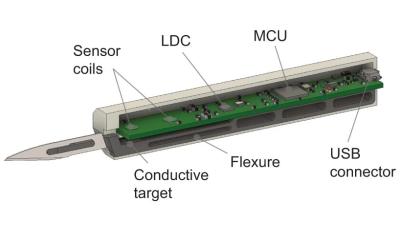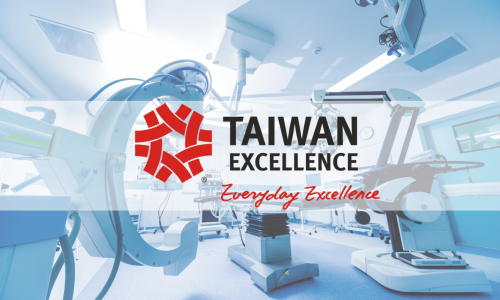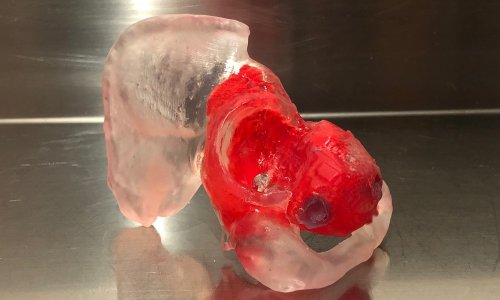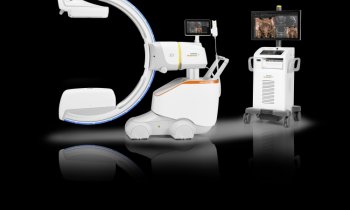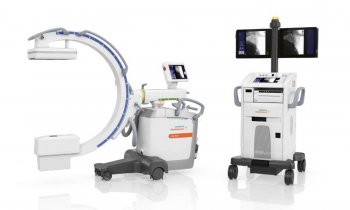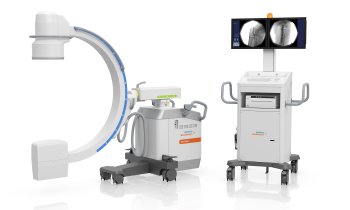Article • CyberKnife technology training
Stereotactic radiotherapy spreads
In Rennes, France, more than 850 patients have already been treated with a top accelerator equipped with a multileaf collimator, the first of its kind in the country.
Report: Mélisande Rouger
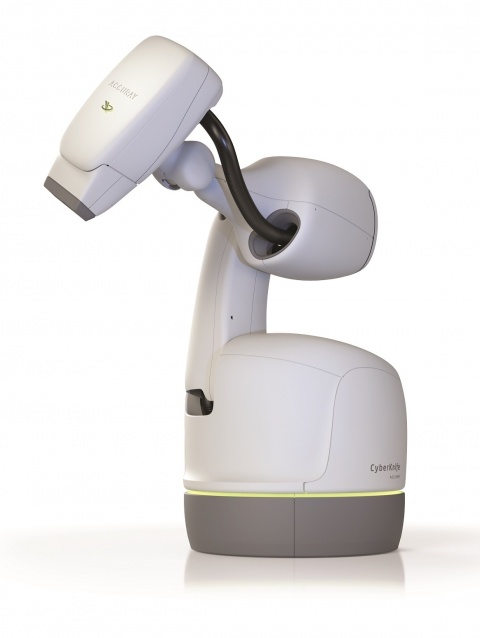
Brittany’s capital Rennes is leading stereotactic radiotherapy practice as Eugène Marquis Cancer Centre gears up to welcome worldwide technicians to train on the latest CyberKnife system, Accuray’s powerful robotic radiosurgery system targeting small lesions. The centre, based in the city’s University Hospital (Centre Hospitalier Universitaire), is one of the few places in France to host the new CyberKnife M6 system, which features an adapted multileaf collimator in addition to IRIS or fixed collimator, an advance that decreases treatment time dramatically while allowing a very high level of precision. The system has helped treat patients with benign brain tumours but also colon, breast and lung metastases as well as primary tumours of the lung and liver ever since its introduction in Rennes in 2014.
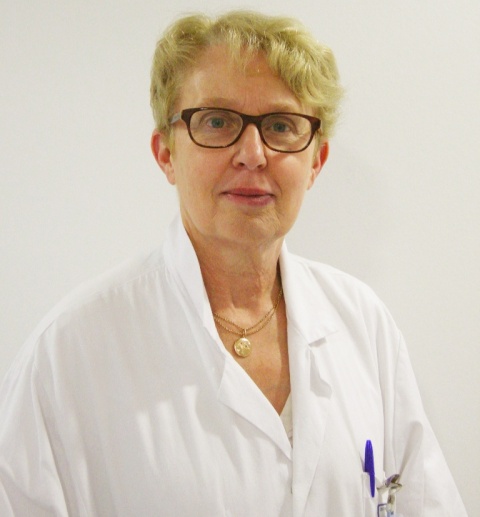
Perhaps one of the most striking features of the voluminous machine, which has a 50-m2 footprint, is its millimetric precision in tumours smaller than 1 cm up to 6 cm. Sessions with the CyberKnife last longer than conventional accelerators, but only one to five slots are necessary per patient. The technique used is hypofractioning, which consists in squeezing high radiation doses in the 8-24 Grayscale in as short as possible irradiation times. After each session, patients can go home and rest, therefore reducing the hospital stay.
This comfort and precision have enabled radiotherapy physicians to access tumours that were untreatable any other way than with chemotherapy or many radiotherapy sessions and to treat patients who were long regarded as inoperable. ‘Stereotactic radiotherapy can help a lot of patients, especially those who are too fragile for surgery, or who have received a lot of chemotherapy. We’ve had very good results; it’s a real technological advance. For us, it means another way of thinking and working in very targeted patients,’ said Dr Elisabeth Le Prisé, Clinical Director of Eugène Marquis Centre.
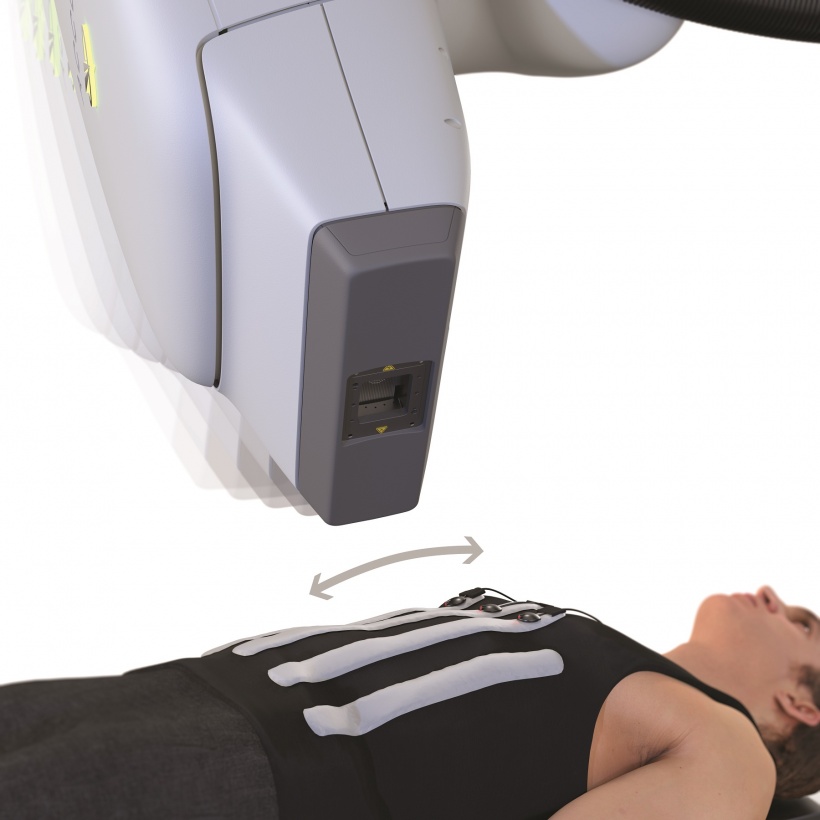
The centre is equipped with four traditional accelerators and treats 2,200 patients annually. CyberKnife has also opened “a field of possibilities”, especially in patients with colon cancer and resilient liver or lung metastases, according to Le Prisé. ‘We can now give them a break from their chemo treatment and increase survival in a way that is comfortable for patients. That’s something we had not been able to offer before.’ Acquiring the system, and building the site to host it, was nothing easy and the medical team shed blood and tears to convince the administrators of the tool’s value. ‘I ‘ve started discussions to acquire the system since 2008. Since we bought the CyberKnife we’ve increased our activity by 500 patients per year,’ Le Prisé noted. $6 million was poured in by Brittany’s Regional Health Agency (Agence régionale de santé de Bretagne) to build and fit in the platform. Equipment maintenance costs $365,000 annually.
Eugène Marquis is now a reference centre for Brittany and beyond. It will soon be a training centre for the rest of the world, after a partnership with Accuray is signed. Radiotherapy physicians, medical physicists and technicians will come from India, Eastern Europe and Africa to learn how to use the platform. Stereotactic radiation is one of the latest developments in radiotherapy, a field that has advanced hand in hand with radiology and IT. ‘I’ve been working in this field for 30 years and, in the meantime, radiotherapy has taken a gigantic step ahead thanks to advances made in imaging and IT. The future will be MRI accelerators, and we would like to purchase one within the next three to four years,’ the radiologist added. For the time being, efforts should focus on improving software used for CyberKnife, she believes. ‘Definitions of regions of interest and treatment planning are time consuming compared with other conventional accelerators.’
Profile:
Dr Elisabeth Le Prisé has been head of the radiation department at Eugène Marquis Cancer Centre in Rennes, France, since 2000. She has also presided over the Eugène Marquis management team since 2011. A former hospital resident, she is an oncologist and radiation therapist specialising in cancer centre medicine.
15.12.2017



